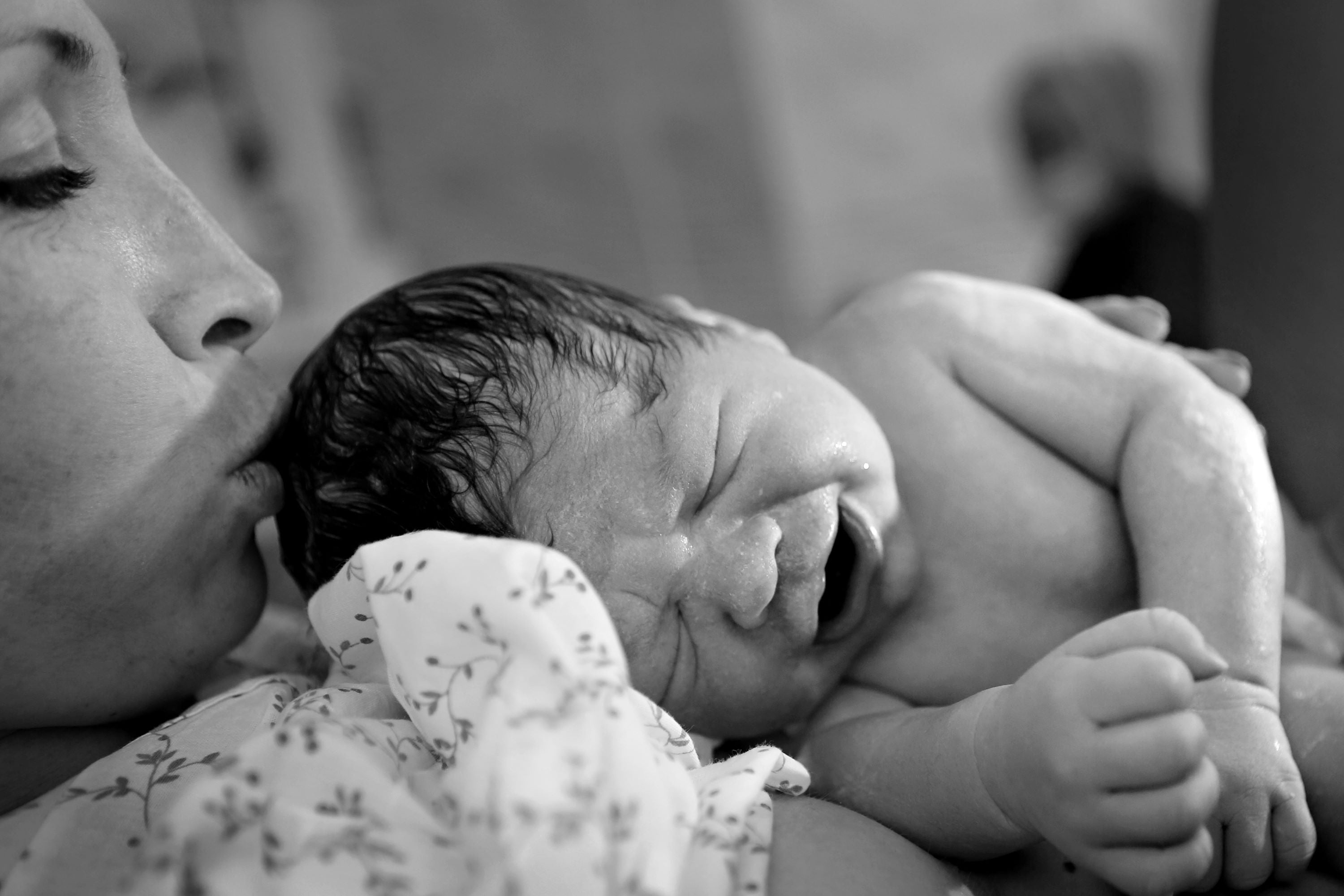
The Baby’s Here! 24 Things to Expect for Those First 24 Hours
The day has come.
You know, the one on the calendar that’s marked, “BABY”.
After 9 months of waiting and wondering, you finally get to hold your bundle of joy.
Ten little fingers, ten little toes, and a love that overflows… what a special moment.
In honour of this wonderful time in your life, here’s a helpful starter pack to parenthood.
We’ve put together a list of 24 things you should be aware of during those first 24 hours.
24 for 24, here we go!
- It’s natural for newborns to be puffy faced and gooey eyed after a journey through the birth canal.
- The soft spot on the baby’s conical-shaped head is normal and nothing to worry about.
- Most newborn babies have dry, patchy skin.
- Your baby should be given a sponge bath after birth, as it’s important to keep the umbilical cord dry.
- The first 24-hours is all about trying to establish a routine of diaper changes, feedings and naps.
- It’s not uncommon to go through 10 to 12 diaper changes in the first day.
- Newborn babies will want to feed every 2 to 3 hours.
- If your newborn looks uncomfortable, or fusses, while feeding, it's probably time to burp them.
- Newborn babies can get hiccups and spit-up frequently.
- Newborn babies will typically consume between 16 and 24 ounces of breast milk or formula in a day.
- Newborn babies sleep through most of the day, with only a few hours of wakefulness.
- It’s recommended to wake your newborn baby up after 3 hours of continuous sleeping.
- A newborn baby may stop breathing for 5 to 10 second while sleeping, which is known as irregular breathing, and is common.
- Newborn baby cues include crying, pursing of the lips (rooting), and sucking of the fingers.
- Don’t be freaked out by the high-pitched, piercing wails of your newborn. It’s their way of communicating.
- Newborn baby cries are typically dry, without the presence of actual tears.
- Your newborn baby’s first poo is black, odourless, and has an almost tar-like consistency.
- Risk of SIDs is the highest between birth and 12-months, so make sure to lay your newborn on their back.
- 75% of newborns prefer to turn their head right when lying on their back.
- Recreate the womb-like feeling by swaddling your newborn with an organic cotton wrap.
- The first night with a newborn can be very challenging, so expect to get little to no sleep.
- The first time that you nurse can be uncomfortable, painful and challenging. Make sure to get a proper latch.
- Your newborn baby has a vulnerable immune system, so you’ll want to wash your hands thoroughly before holding them.
- The first 24 hours will pass by in a blur, so try and be present in the moment.
Last but not least, trust your mommy instinct.
It will always steer you in the right direction, even if it seems non-existent.
Close your eyes, take a deep breath, and have a feel for that in-built intuition.



Leave a comment
This site is protected by hCaptcha and the hCaptcha Privacy Policy and Terms of Service apply.